-57%
Understanding the Comprehensive Scope of Rapid Response Systems
Rapid Response Systems offer a practical framework for managing medical emergencies that arise within hospital settings. This comprehensive approach encompasses:
Evaluation and Differential Diagnosis
Healthcare practitioners utilize Rapid Response Systems to efficiently assess, differentiate, and determine the underlying causes of acute events, such as cardiac arrest, respiratory failure, and hemorrhagic shock.
Management of Emergencies
Empowered with a clear understanding of the emergency at hand, Rapid Response Teams implement evidence-based interventions to stabilize and manage patients amidst critical situations, minimizing the risks and consequences of the event.
Less Common and Specialized Emergencies
Beyond the typical acute emergencies, Rapid Response Teams are also equipped to address less frequent and specialized scenarios that require targeted interventions. These include emergencies related to pediatrics, obstetrics, oncology, neurology, and behavioral health. Additionally, they provide palliative care for terminally ill patients.
Bedside Emergency Procedures
Rapid Response Teams are trained in performing essential bedside emergency procedures, such as airway management, defibrillation, and resuscitation. These skills complement the clinical resources brought to bear during emergencies, ensuring a comprehensive and timely response.
Organizational Structure and Management
The book delves into the organizational aspects of Rapid Response Systems, including leadership, communication, and quality control measures. Effective leadership fosters a collaborative and efficient team environment, while robust communication channels facilitate timely and accurate information sharing.
Quality and Patient Safety
Rapid Response Systems prioritize quality and patient safety through continuous monitoring and evaluation. They employ peer review mechanisms to assess performance, identify areas for improvement, and implement countermeasures to address potential risks.
The Intended Audience
“Rapid Response System: A Practical Guide” is meticulously designed to cater to various healthcare professionals, including:
- Medical Students: Provides a solid foundation in managing emergencies
- Junior Physicians: Enhances their understanding and clinical decision-making
- Nursing Staff: Equips them with essential skills and protocols
- Hospital Administrators: Guides in evaluating system performance and ensuring quality
- Senior Management Staff: Supports in improving staff attitudes, implementing countermeasures, and fostering a culture of patient safety
maybe you like these too:
- OHIO ACEP Emergency Medicine Board Review (5 day) and EM Review RedefinED (2 day) Courses Resident Combo 2020 (Videos)
- Advanced EM Boot Camp Self-Study Course Digital Bundle (Videos)
- Advanced Trauma Management for the Emergency Physician 2022 (Videos)
- Emergency Medicine: Diagnosis and Management, 8th Edition (Original PDF from Publisher)

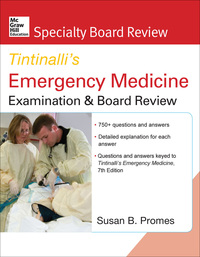
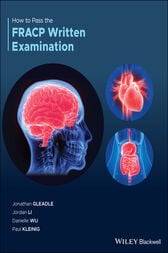
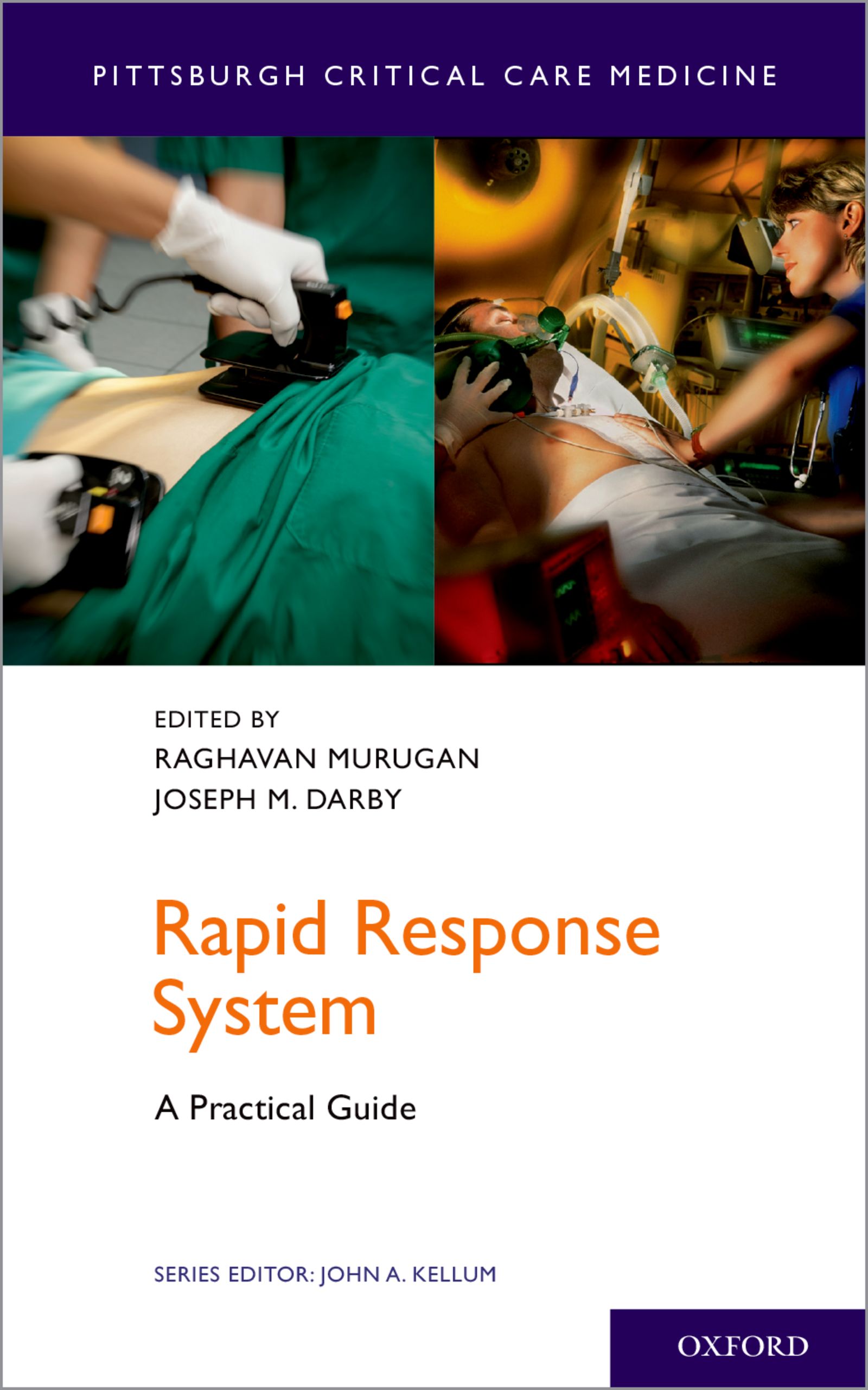


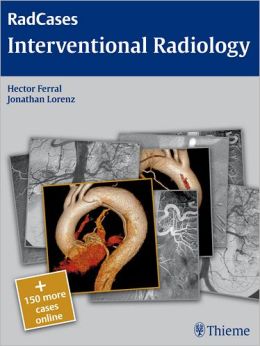
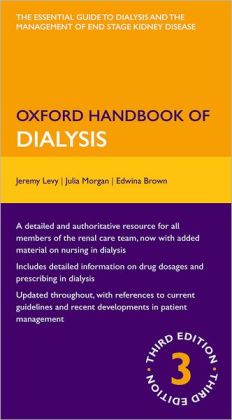


Reviews
Clear filtersThere are no reviews yet.